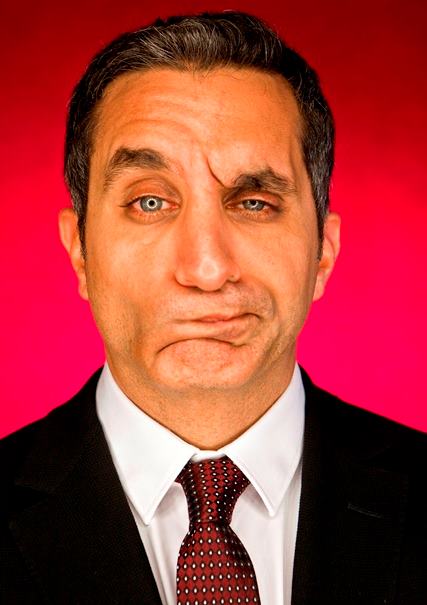The Ministry of Supply and Internal Trade announced that it would provide 50,000 tonnes of sugar to meet the market’s demand. The step comes days after the Egyptian market began to witness a growing shortage in the supply of sugar .
Prime Minister Sherif Ismail said yesterday in a press release that the government contracted to import 420,000 tonnes of sugar in recent days to solve the problem.
In a meeting held Friday with Minister of Supply Mohamed Ali El-Sheikh, Ismail said that the government drafted a contract to import another 200,000 tonnes of sugar that will be received within this week.
According to the release, 50,000 tonnes of the imported sugar will be allocated for the market, and the same amount will be allocated for food industries.
A source in a state-owned sugar company told Daily News Egypt that Egypt has a total sugar stock of 750,000 tonnes, but, unfortunately, some private companies have exported 250,000 tonnes of that amount.
The source, who requested to remain anonymous, emphasised that there was a drop in local production from 2.4m tonnes to 2.2m, which has resulted in a gap between supply and demand that amounts to approximately 450,000 tonnes, which the government is trying to close by increasing imports.
It is also important that the Ministry of Supply and Internal Trade stop giving people with subsidies cards sugar instead of rice when the latter is often unavailable.
A representative of a private sugar trade company said that the main problem is the poor distribution of sugar in the Egyptian market. The representative, who preferred to remain anonymous, said the government put its hand on the reserves to control the market six weeks ago; however, it does not know the proper mechanisms for distributing sugar.
He said that the government stopped local suppliers from trading and distributing sugar by allowing only member companies from the Chamber of Food Industries to buy their needs directly from sugar companies with permission from the Food Industries Holding Company.
The government does not have enough distribution centres to sell to consumers, which has created an informal market, he noted.
What caused the problem to become worse worse is that soft drink companies, which used to import sugar to supply their demand, decided to buy sugar from the local market due to the shortage in US dollars, he said.
The company representative said that with increasing demand and the limited local production, which does not exceed 2.4m tonnes of sugar, the government had no choice but to increase its import of sugar to supply the demand, adding that the usual amount of sugar that Egypt imports is almost 600,000 to 700,000 tonnes a year to meet the estimated consumption rate of 3m tonnes.
The problem will be solved soon, he stated, adding that the government did not make a misstep when it decided to control the market, because all it cares about is providing sugar at affordable prices to consumers. However, the Ministry of Supply and Internal Trade must increase its distribution centres if it wants to keep the applied system or it should allow local suppliers to work in the market again.
On another note, the Food and Agriculture Organisation (FAO) announced on 6 October that the sugar price index averaged 304.8 points in September, up 19 points (6.7%) from August, marking an increase for the fifth consecutive month. The latest surge in international sugar prices was largely due to unfavourable weather conditions in the main producing region in Brazil, the world’s largest sugar producer and exporter.








